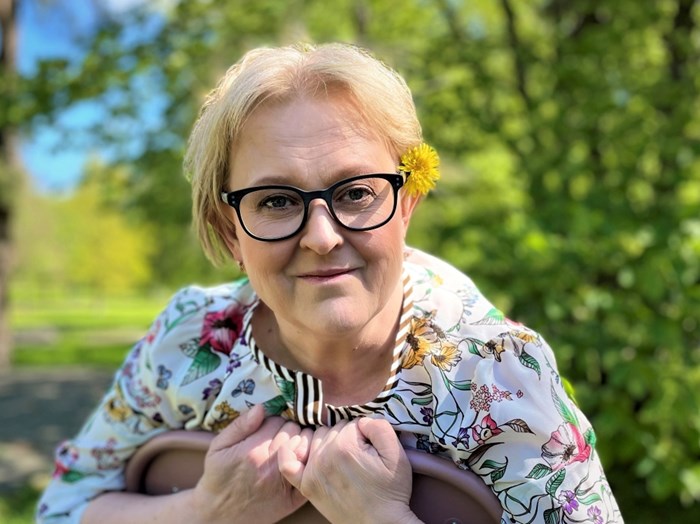International Perspective: Guiding future surgeons through experience

Virve Koljonen, MD, PhD, is professor and director of the Plastic Surgery Resident Program at Helsinki University in Finland. She graciously agreed to share some perspective with Plastic Surgery Resident on Finland's educational model, the challenges that residents face and how residency continues to evolve.
PSR: Can you tell us something about yourself?
Dr. Koljonen: I'm a professor of plastic surgery at Helsinki University, Finland – actually, I'm the only plastic surgery professor in Finland. Therefore, I like to think that I take care of all the plastic surgeons in Finland. At Helsinki University, I oversee undergraduate plastic surgery teaching, resident education and research.
PSR: What are your goals in teaching residents and advancing the specialty?
Dr. Koljonen: There are so many things I want to influence. My main mission is enabling high-quality plastic surgery research and to help our residents become excellent plastic surgeons. I see undergraduate plastic surgery teaching as important, because we want to educate future primary-care physicians to recognize and diagnose plastic surgical cases in a timely and correct fashion. An equally important task of undergraduate plastic surgery teaching is attracting the best medical students to plastic surgery. In pursuit of these goals, I've created an Instagram account that can be found at @plastiikkaope, where I post videos on suturing, wound care, clinical examination and other aspects of plastic surgery. We've also created with hand surgery the international account @hands.on.handandplasticsurgery.
PSR: Your Instagram account is called "Plastiikkaope." What does it mean?
Dr. Koljonen: It literally means "plastic surgery teacher" – because that's what I am.
PSR: How do you choose the topics of your posts?
Dr. Koljonen: I get ideas from my clinical work and through reading referral notes. Our nurses have helped with the ideas and implementation, and their expertise has been central to producing the content of wound care. My account followers also send me ideas as to what they want to learn.
My starting point in the videos is visual learning. Real patients are not used, and my intention is that the content should not terrify laypeople. I don't speak in the videos, but I use subtitles that allow viewers to watch the videos anywhere – even on the morning bus. I shoot and edit the videos myself. Most of the suturing videos I've shot in my kitchen.
PSR: What are the main challenges currently in plastic surgery residents' education in Finland?
Dr. Koljonen: Much of the work that was previously done by general surgeons is now handed to plastic surgeons, so the main challenge is to keep our resident education focused on plastic surgery – especially reconstructive plastic surgery – and to learn the latest techniques and how to use technology such as robotics. The advances in basic science translate into personalized medicine, so plastic surgeons need to master even more techniques and a more-detailed understanding of the anatomy and disease.
PSR: The pandemic boosted new, online tools to reach medical students and residents. What do you see as the main benefits and pitfalls of these?
Dr. Koljonen: The internet and social media are full of medical pages and accounts; however, not all content is good. Senior surgeons such as myself and my colleagues play a key role in helping students and/or residents navigate these digital resources, and teach them what's good and relevant – and what's dangerous.
PSR: What is Plastiikkaope's main advice to the residents of today and tomorrow?
Dr. Koljonen: Residency is just a short period of your life; you need to invest 1,000 percent in this time. The reward – being a plastic surgeon – is the best thing ever. Trust me.
Dr. Zena is PGY-5 equivalent at the University of Genoa, Italy.